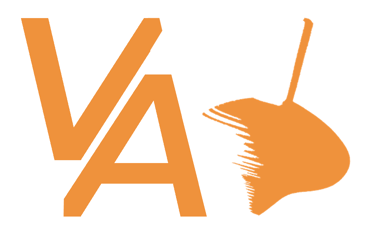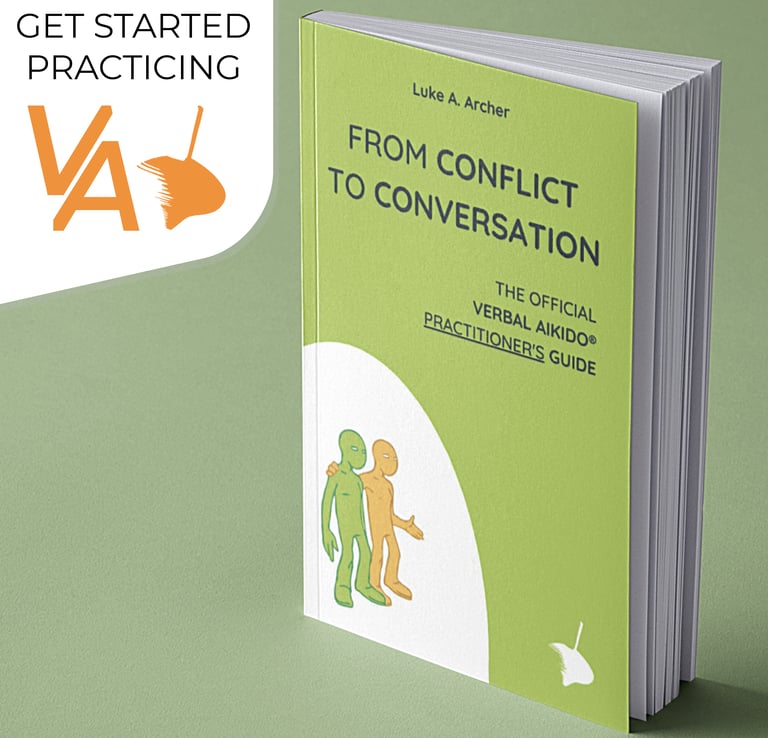Understanding Verbal Attacks – Why Do They Happen?
Have you ever found yourself thrown by a verbal attack at work? Criticism, accusation, passive-aggression—they all reveal communication patterns and power dynamics.
Luke Archer
6/9/20251 min read


💡 Verbal attacks are more than just words—they reveal communication patterns, power dynamics, and emotional triggers. Recognizing them is the first step toward managing them strategically.
✅ Why do people lash out verbally?
· Stress & Frustration: When pressure builds up, some people unload their emotions onto others.
· Control & Power: Some use verbal aggression to dominate conversations.
· Insecurity: Criticizing others makes them feel stronger by comparison.
· Passive Aggression: Instead of direct confrontation, sarcasm and subtle remarks create discomfort.
✅ Examples of verbal attacks in the workplace
📌 Direct Criticism: “Your idea is ridiculous.”
📌 Undermining Comments: “Are you sure you can handle this?”
📌 Sarcasm & Mockery: “Wow, classic you making another mistake.”
📌 Manipulative Accusations: “You always make things more complicated.”
✅ How Verbal Aikido helps you stay in control (see VA Practitioner's Guide for more techniques : https://www.amazon.com/dp/B08D6SRYLS)
⚡ Ki-no Nagare (Let the energy flow) → “That’s an interesting perspective—can you tell me more?”
⚡ Backstep (Step back before reacting) → Helps manage emotions instead of escalating tension.
⚡ S.O.S. (Solution-Oriented Questioning) → “What would you suggest instead?”
📢 Reflection Question: Think of a recent verbal attack—how did you react? What VA technique could have helped?


